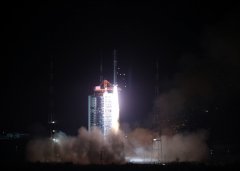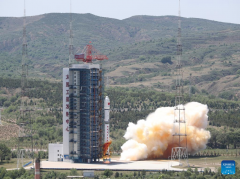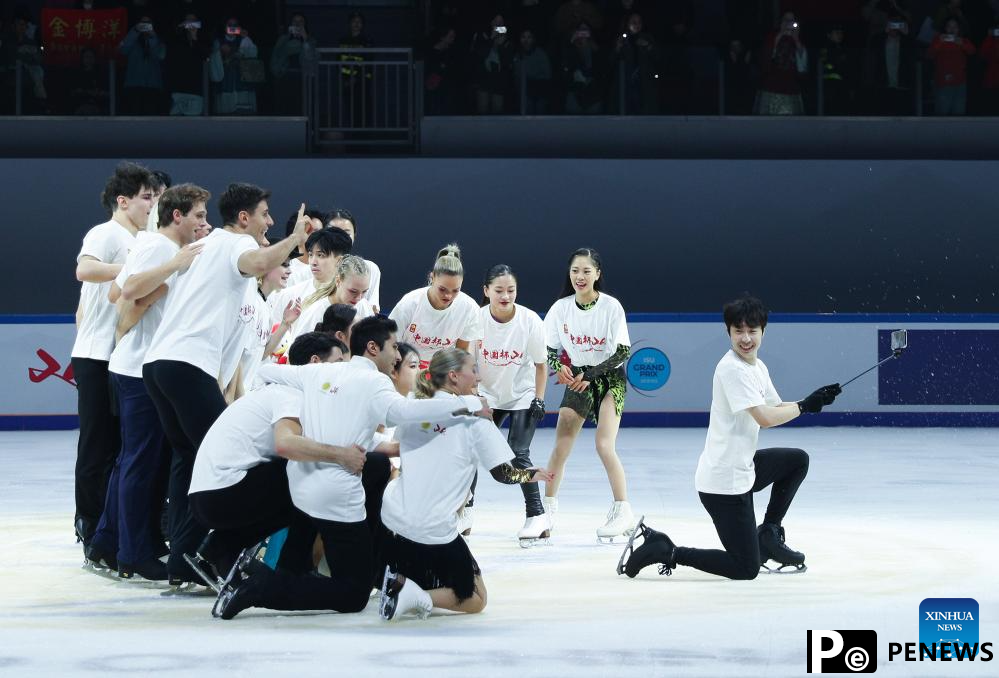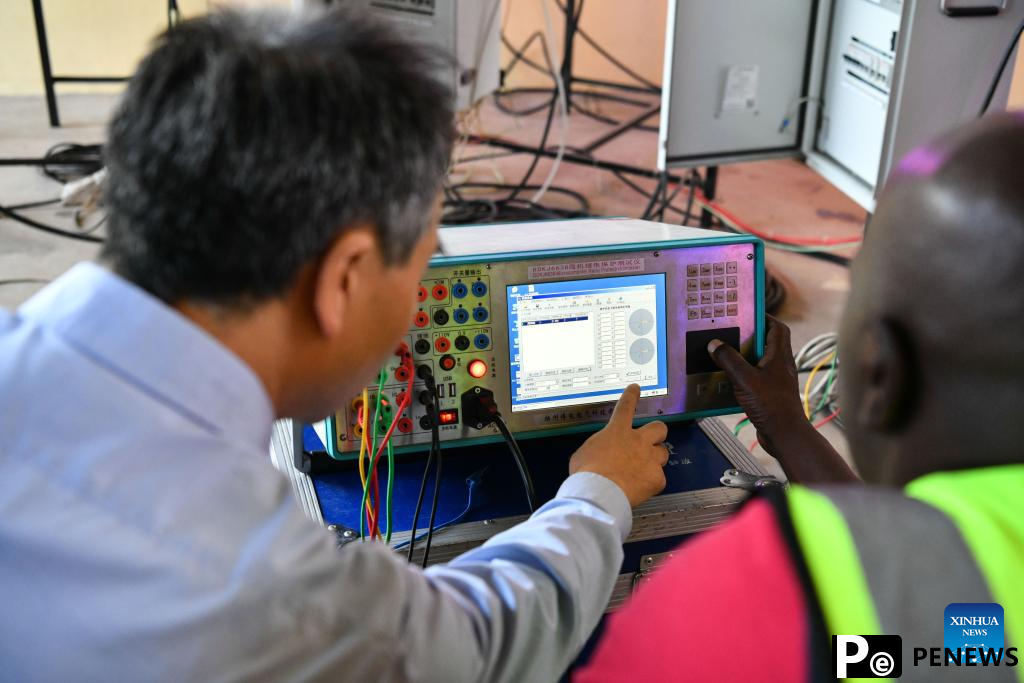Home>>
Beijing court rules first case of infringement on a generative AI pictureBy Du Qiongfang (Global Times) 10:02, December 01, 2023
Beijing Internet Court recently made the rule on the copyright infringement dispute over a picture created with generative artificial intelligence (AI) software, the first case of its kind ruled in China.
Legal experts commented that the court rule emphasized the plaintiff’s involvement and aesthetic choices in the process of creation which reflected the creator’s originality but avoided inculcating the viewpoint that generative AI art works definitely enjoy copyright, noting this case should not be used as a reference on the judgment to all generative AI-related cases, since it differs from cases where art pieces are completely and directly generated by AI tools.
According to the trial, the plaintiff surnamed Li took advantage of the text-to-image AI software Stable Diffusion to create a woman’s picture by inputting a series of descriptive words into the AI image generator, and then published the picture on an online platform. The defendant surnamed Liu used the picture as an illustration for her poem on her personal account. Li filed a lawsuit against Liu at the Beijing Internet Court for the charge of copyright infringement and violation of information network transmission right.
The two sides conducted a heated debate over the picture in terms of a series of new problems emerging in the field of text-to-image AI technology, including whether the picture generated via text-to-image AI image generator is a piece of artwork, whether the words or descriptions put into the AI tool have originality, whether the creator of the picture has copyright over the picture, whether Liu’s usage of the picture infringes upon Li’s rights and what responsibilities that Liu should be held accountable for the infringements.
The court hearing of the case was broadcast by China Central Television and was livestreamed on multiple platforms, which attracted a total of over 170,000 viewers and sparked heated discussions on the relationship between AI generated content and copyright.
According to the court, the essentials of people using AI models to generate images are that people use tools to make a creation. The creators have the copyright over the generated images and they are protected by copyright law.
However, the court also emphasized that in accordance with the principle of good faith and the need to protect the public’s right to information, the plaintiff should prominently mark the use of artificial intelligence technology or models on the picture.
In the end, the court determined on Monday that the defendant violated the plaintiff’s right of authorship and information network transmission. The defendant was required to issue a statement of apology on social media platforms, and compensate the plaintiff 500 yuan ($70.16) in economic losses within seven days from the effective date of the judgment.
During the trial, Li argued that the use of AI tools to create pictures is something similar to the use of traditional cameras to take photos. In old days when photographing technologies were not as advanced as today, photographers had to manually adjust various parameters to take photos that they enjoyed copyrights. Nowadays, even though the cameras have become highly intelligent that the photographers do not need to manually adjust parameters but just directly press the camera shutter, the photographers still enjoy the copyright over the photos.
According to Li, in order to realize his idea, he used detailed descriptions and various parameter to make adjustments, and finally got the AI to accomplish the picture he wanted rather than just simply asked the AI generator to draw a picture of a beautiful woman.
Li said Liu did not obtain his authorization to use the picture and removed the watermark of his signature on the picture, misleading viewers who thought that Liu was the creator of the picture, which seriously violated his rights. Li demanded Liu to compensate him 5,000 yuan in economic losses and apologize for her behavior.
Liu argued that she found the picture in question by searching on the internet and used it as an illustration for her original poetry works. The specific source of the image is no longer available. Besides, she failed to provide information about the watermark on the picture, and she was uncertain whether the plaintiff holds relevant rights to the picture.
Moreover, the main content for her post was her original poem instead of the picture in question. Since there was no commercial purpose for the post, she did not have any intention to infringe upon Li’s rights.
Liu also said that if the court determined infringement, she is willing to apologize to the plaintiff. However, she thought the economic compensation amount claimed by the plaintiff was too high for her to afford.
According to the court, whether the picture generated by AI tools are subject to copyright laws depends on whether the content belongs to the fields of literature, art or science, whether they have originality or present a certain unique form of expression, and whether they constitute intellectual achievement. The picture in question apparently belongs to art field and has a certain form of expression. It also reflects the plaintiff’s intellectual investment throughout the entire process of its creation.








